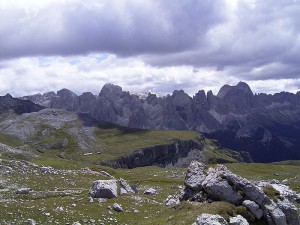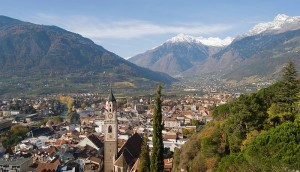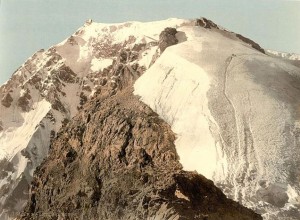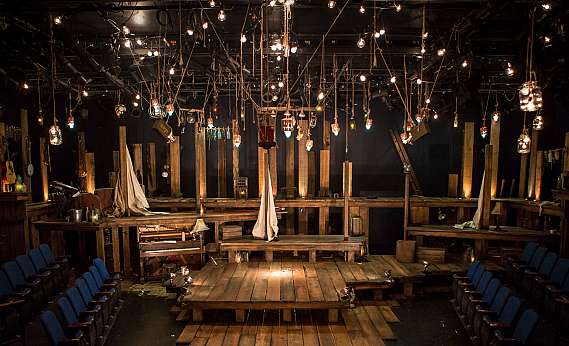Originally written by Ibsen in Norway in 1893, the text of Hedda Gabler includes a variety of terms that may be unfamiliar. This glossary serves as a quick reference to many of the European locales and more.
a trois: An engagement to be shared between three individuals, often has sexual connotations.
![By Sönke Kraft aka Arnulf zu Linden (Own work) [GFDL (http://www.gnu.org/copyleft/fdl.html) or CC-BY-SA-3.0-2.5-2.0-1.0 (http://creativecommons.org/licenses/by-sa/3.0)], via Wikimedia Commons 800px-Brennerpass_nordrampe](https://www.writerstheatre.org/blog/wp-content/uploads/800px-Brennerpass_nordrampe-300x199.jpg)
Brenner Pass
cabinet minister: A government official, or head of a governmental department, who serves as a presiding official’s (president, prime minister, governor, etc.) professional consultant in addition to the duties of their own department.
chanteuse: A female nightclub singer, usually associated with a Cabaret style of performance.
civilizing forces: Factors and institutions that enlighten and have the potential to eliminate conflict from a society (ie: education systems, family, religion), as well as promote civilization at its most basic (that is, the building of cities/settlements).
cottage industries of the Brabant: The growth of the cottage industries in Western Europe marked the early transitions to industrialism and the modern era. North Brabant, in the Netherlands, was a center for the cottage industry in 1800, demonstrating the sprawl of the market economy into the countryside. Many towns steeped in the cottage industry protested low wages and rioted during the Brabant Revolution in the 1790s.
debauch: To make disloyal, to seduce from virtue/chastity, to corrupt. Usually associated with drunken behavior and sexual misconduct.

Dolomites
Dolomites: A mountain range in South Tyrol.
fjord: A long, narrow, geological inlet with steep sides or cliffs created by gradual erosion. A common sight in Norway, where they are a primary geographical distinction.
Mademoiselle: The title for an unmarried woman; here referring to a madam, or woman who manages a brothel.
menage a trois: A French term to describe a domestic arrangement in which three people living in the same household have sexual relations.

Meran
Meran: A town in South Tyrol, Northern Italy. It is surrounded by mountains and known for its Medieval city gates and mild climate.
Middle Ages (also referred to as the Medieval period)
Defines the era between the 5th and 15th centuries following the collapse of the Western Roman Empire and ending with the birth of the Renaissance and Age of Discovery. The period is divided into the Early Middle Ages (the Byzantine Empire), the High Middle Ages (the Crusades and rise of Feudalism), and Late Middle Ages (the Great Famine of 1315-17, the Black Death, and the Fall of the Byzantine Empire).

Ortler Group
Ortler Group: A mountain range in the Southern Limestone Alps group in the Central Eastern Alps — in Italy and Switzerland
Ottoman: A state founded by Turkish tribes in 1299 that expanded into an empire in 1453 with its conquest of Constantinople, which later became its capital. The empire was at its most powerful during the reign of Sultan Suleiman from 1520-1566 and was at the center of all interactions between the Eastern and Western worlds for six centuries.
petits-fours: Small appetizers that can either be confectionary (of the Glacé (“glazed”) or Sec (“dry”) varieties) or savory (Salé (“salted”)). The name is French for “small oven.” They were traditionally made in the 1700s to take advantage of the stored heating/cooling process of coal-fired brick ovens.
pince-nez: A style of spectacles supported by pinching the bridge of one’s nose, popularized in the 19th century.
Tyrol: A state in the Italian/Austrian Alps with a population. The state is divided into North, East, and South. North and East Tyrol are located in Austria. South Tyrol has been a part of Italy since being awarded to the country at the end of World War I. Gossensass, where Ibsen used to summer, is in South Tyrol.
Val D’Ampezzo: a valley in the Dolomite mountain range
vine leaves: A Greek symbol for Dionysian hedonism: Dionysus was the god of wine, and is often pictured with a wreath of vine leaves on his head, to symbolize his influence over alcoholic beverages. Having “vine leaves in your hair” is to be drunk, but (according to Hedda, at least) in a godly way.
More on Hedda Gabler:
Articles | Videos | Production Details | Tickets


No comments yet.